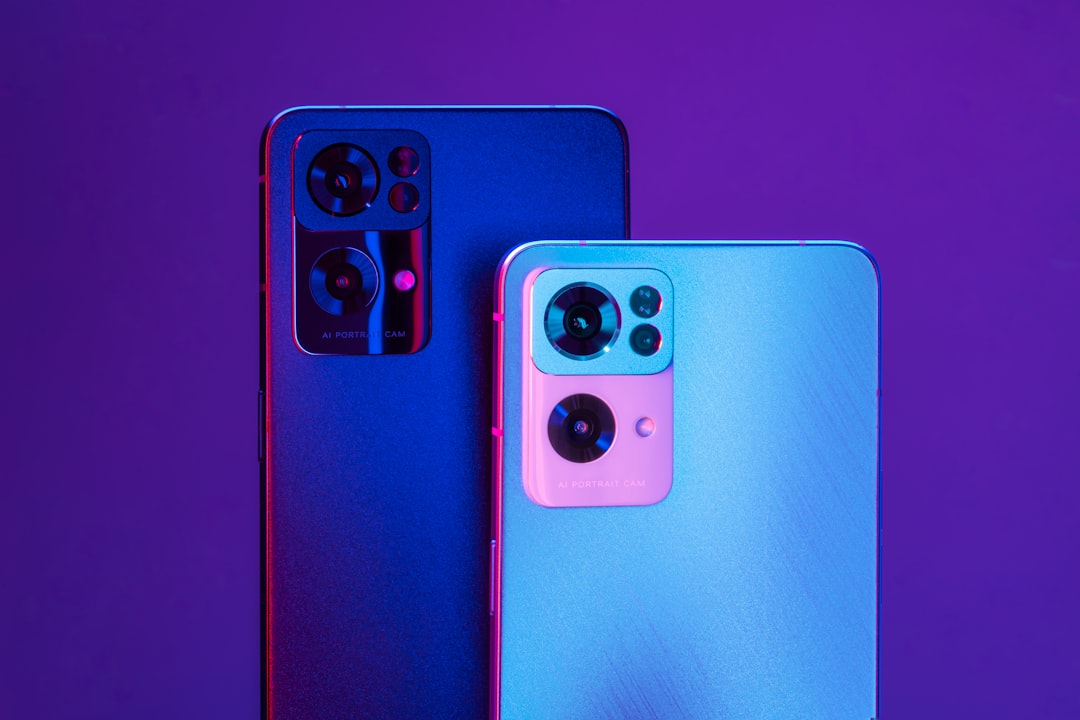In New Jersey, where autodialer usage faces strict legal scrutiny, consumer trust is crucial for businesses and autodialer lawyers. Companies must respect privacy by obtaining explicit consent, providing opt-out options, and disclosing automated messaging. An autodialer lawyer navigates these regulations, ensuring compliance to build brand trust and avoid legal issues. Ethical practices, transparency, and personalized communication enhance consumer relationships using autodialers in New Jersey.
In today’s competitive market, building consumer trust is paramount. For businesses in New Jersey leveraging autodialers for marketing efforts, understanding and navigating legal frameworks while adopting transparent practices are essential. This article guides you through the intricate world of autodialing, focusing on how to foster trust with consumers using this technology. We explore legal considerations, ethical perspectives from a lawyer’s standpoint, and effective strategies to enhance consumer confidence in New Jersey.
Understanding Autodialers and Consumer Trust in NJ

In the dynamic legal landscape of New Jersey, understanding the role of autodialers in consumer interactions is paramount for businesses and autodialer lawyer professionals alike. Autodialers, a technology that allows automated calling to a large number of contacts, have transformed how companies reach out to potential clients. However, this advancement also raises concerns about consumer privacy and trust. In New Jersey, strict regulations govern the use of autodialers to ensure fair practices and protect consumers from unwanted or abusive calls.
Building trust with consumers in this context requires a delicate balance. Businesses must demonstrate respect for individual preferences while adhering to legal boundaries. An autodialer lawyer in NJ can guide companies on permissible uses, such as allowing consumers to opt-in to automated calls and ensuring clear disclosure of automated messaging. By prioritizing transparency and compliance, businesses can foster trust, enhancing their reputation and long-term consumer relationships.
Legal Framework for Autodialing in New Jersey

In New Jersey, the legal framework governing autodialers is designed to protect consumers from unsolicited phone calls while ensuring businesses can effectively communicate with their target audiences. The state has specific regulations in place regarding automated dialing systems, commonly known as autodialers. According to the New Jersey Attorney General’s Office, companies must obtain explicit consent from recipients before initiating automated calls for marketing purposes. This legal requirement is crucial, as it allows consumers to opt-out and prevents intrusive phone campaigns.
An autodialer lawyer in New Jersey can guide businesses through these regulations, ensuring compliance to avoid potential penalties and lawsuits. Understanding the legal boundaries is essential for companies aiming to build trust with their customers. By adhering to these rules, businesses can demonstrate respect for consumer privacy and rights, fostering a positive image and stronger customer relationships.
Building Trust Through Transparent Practices

Building trust is paramount in fostering long-term relationships with consumers, especially when utilizing autodialers for outreach. In New Jersey and beyond, businesses must embrace transparency as a cornerstone of their marketing strategies. An autodialer lawyer in NJ can guide companies on navigating legal requirements while implementing ethical practices that enhance consumer trust.
By disclosing the use of automated calls or messages to customers beforehand, businesses set clear expectations. This transparency encourages consumers to view interactions with autodialers as informed choices rather than intrusive intrusions. Additionally, ensuring compliance with relevant laws, such as those governing do-not-call lists and consent, demonstrates respect for consumer autonomy, bolstering trust in the brand.
Ethical Use of Autodialers: A Lawyer's Perspective

The ethical use of autodialers, also known as automatic telephone dialing systems (ATDS), is a critical aspect often considered by legal experts in New Jersey and across the nation. With the ability to contact thousands of consumers simultaneously, businesses must navigate the fine line between effective marketing and consumer protection. Lawyers argue that while autodialers can enhance customer engagement, their misuse can lead to significant legal repercussions.
In New Jersey, the use of autodialers is regulated by state laws and industry standards. Businesses should ensure they obtain prior consent from consumers before placing automated calls, comply with do-not-call lists, and provide a mechanism for opt-out requests. A lawyer’s perspective emphasizes the importance of transparency, accurate representations, and respect for individual privacy rights when employing autodialer technologies to build trust with consumers.
Effective Strategies to Enhance Consumer Confidence

Building trust with consumers is paramount in today’s digital era, especially for businesses utilizing autodialers to reach out to potential clients. In New Jersey, where regulations around telemarketing are stringent, maintaining transparency and integrity is crucial. One effective strategy is to ensure clear communication; autodialer lawyers in NJ should provide concise, informative messages that explain the purpose of the call, respect the recipient’s time, and clearly state how to opt-out. This not only complies with local laws but also demonstrates a commitment to ethical practices.
Additionally, personalized interactions can significantly boost consumer confidence. Instead of generic scripts, businesses should train their autodialer operators to engage in conversational tones, addressing each caller by name if possible. Promptly addressing concerns and providing value through relevant information or offers can turn initial skepticism into trust. An autodialer lawyer in NJ specializing in these tactics can help fine-tune communication strategies to foster a positive relationship between businesses and their target audience.






